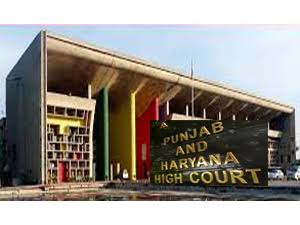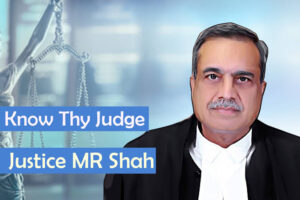Probation and succession certificate/Blog/
Probate is the legal process of settling a deceased person’s estate. It involves identifying and valuing the deceased person’s assets and distributing them according to their will or the laws of their state. The probate court oversees the process and ensures that the assets are distributed fairly and according to the law.
A succession certificate is a legal document that authorizes the legal heir(s) of a deceased person to claim the assets of the deceased without having to go through the probate process. It is issued by a court or a revenue officer and can be used to claim assets such as bank accounts, insurance policies, and other movable assets. The succession certificate is typically issued to the legal heirs after they provide proof of the deceased person’s death and their relationship to the deceased.
Vaibhav Tomar (All Rights Reserved)






